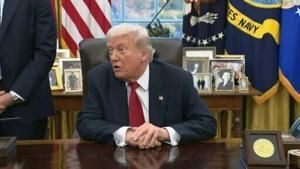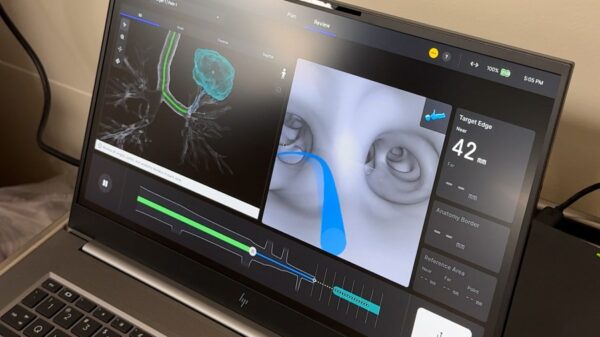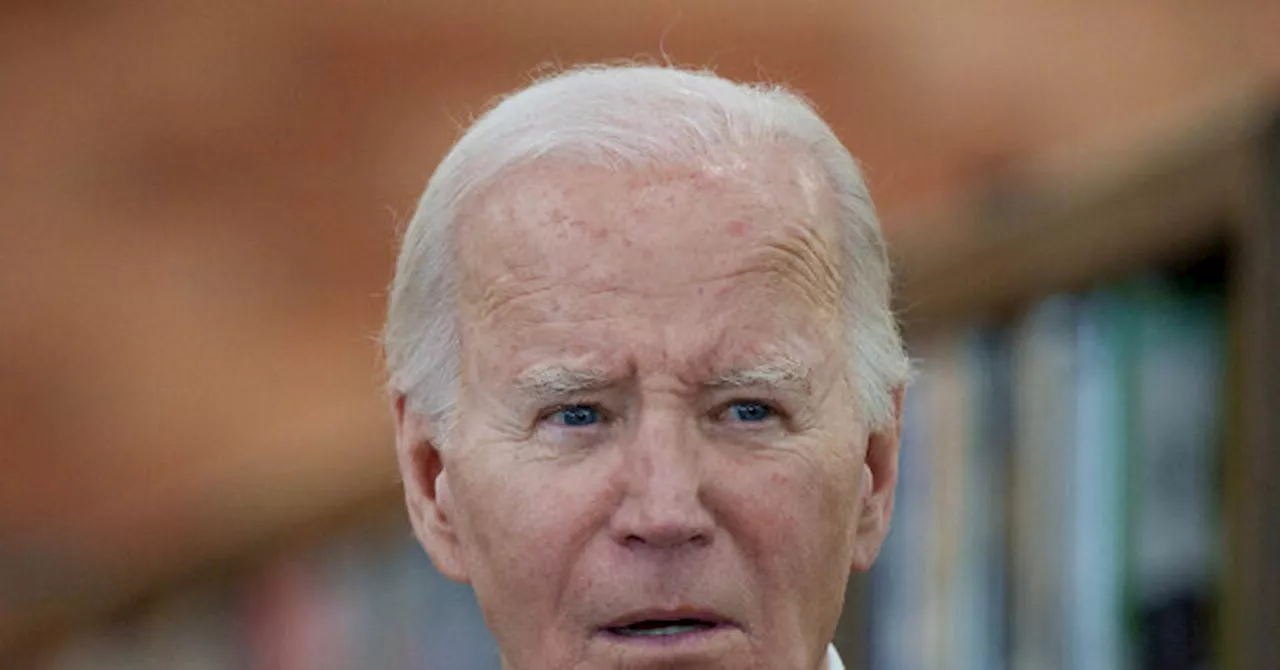The House Oversight Committee is calling on the U.S. Justice Department to investigate executive actions taken by the Biden administration. The committee alleges that some orders were issued without President Joe Biden‘s explicit approval and potentially utilized an autopen, a device that replicates signatures, without his knowledge. These claims raise concerns about the legitimacy of several presidential actions, including pardons and commutations, deemed critical by the committee.
In a report released on September 26, 2023, the committee asserted that key aides might have misled the public regarding Biden’s health, suggesting that unauthorized methods were employed to maintain the appearance of presidential authority. The committee emphasized that actions executed through the autopen should be considered void, highlighting a potential breach of protocol and transparency.
The report indicates that the Biden administration’s executive actions, particularly those concerning clemency, were improperly conducted. It suggests that aides sought to cover up the president’s declining health, which has been observable to the American public, while simultaneously taking unauthorized executive actions. The committee stated, “Our report reveals how key aides colluded to mislead the public and the extraordinary measures they took to sustain the appearance of presidential authority as Biden’s capacity to function independently diminished.”
The House Oversight Committee, led by Chairman James Comer, is advocating for a comprehensive review by the Justice Department of all executive actions taken during Biden’s presidency. The committee also referenced key aides, including Dr. Kevin O’Connor, Annie Tomasini, and Anthony Bernal, who have reportedly invoked the Fifth Amendment during the investigation. This raises doubts about their participation in the alleged cover-up.
In addition to the Justice Department’s inquiry, Comer suggested that the District of Columbia Board of Medicine ought to investigate Dr. O’Connor’s actions regarding Biden’s care. The committee’s stance is that as Biden experienced notable mental and physical decline during his presidency, senior staff members may have attempted to conceal this from the public, undermining trust in presidential communications.
Comer’s comments reflect a broader concern about government transparency and accountability, stating, “We have provided Americans with transparency about the Biden Autopen Presidency, and now there must be accountability.” The committee’s findings have sparked significant political debate, particularly as they challenge the integrity of executive actions taken under the Biden administration.
The implications of this investigation could lead to a broader discussion on the use of executive power and the administration’s accountability mechanisms. As the situation develops, the Justice Department’s response will be crucial in determining the next steps regarding the alleged misuse of executive authority.
The House Oversight Committee’s inquiries bring to light important questions about the processes surrounding presidential actions and the responsibilities of those within the administration. With ongoing discussions about government transparency, the outcome of this investigation may set significant precedents for future administrations.



































































